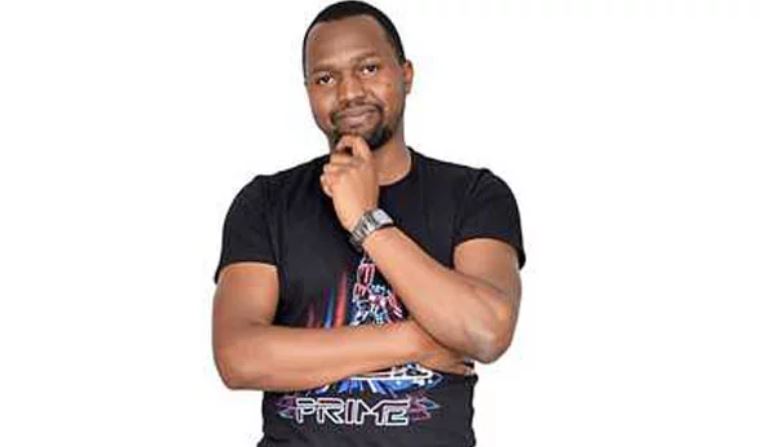 Patrick Mwangi is the founder of Kenya Movers Limited, a company that specializes in helping people relocate. The company handles home moves, office moves, long-distance moves, international moves and storage.
Patrick Mwangi is the founder of Kenya Movers Limited, a company that specializes in helping people relocate. The company handles home moves, office moves, long-distance moves, international moves and storage.
Mwangi, a trained accountant, spoke to mynetwork about the inspiration behind the business, challenges, lessons learnt and his advice to the youth about money.
What inspired your decision to start a moving company?
My father is a businessman, and growing up, I admired how he went about his business. I wanted to follow in his footsteps. My biggest problem was that I did not know which business to get into, and I was cautious about losing my hard-earned money. In 2011, I had just left a well-paying job, and my savings were running thin. I knew that if I was to start a business, it had to be one that would require little capital. While I was still mulling over my options, my parents decided to move to another house, and the process was quite stressful. I realised that that was what people went through every time they had to move from one place to another, and I decided to do something to make the process less exhausting. In 2012, I started a moving company. At that time, there were only a few such companies in the country and to bring the idea to life, I borrowed a lot from what I had seen in Dubai. My knowledge in accounting comes in handy when running the business.
For most young people, the idea of starting a business is often entangled with the fear of failure. Was it the same thing for you?
Absolutely! I had to transition from a job where I enjoyed a good salary every month, onto an enterprise whose future was uncertain. However, this fear greatly fuelled my ambition, and encouraged me to work hard and give the business my best. Once I got things moving, I felt empowered.
You founded the company eight years ago. How has the journey been?
When I started out, there were several challenges. For instance, some of our employees stole from clients, and we had to compensate them to keep the relationship. I remember at one point I almost shut down the business, but my desire for success kept me going. Also, there were customers who would book us in only for them to switch off their phones when time for moving came.
I can say we have learnt a lot. We now take our employees through a rigorous recruitment process, and we ensure that our potential customers give all necessary details of the goods in our hands.
Currently, the company has employed 15 people on full-time basis, and we occasionally hire casual labourers depending on the workload.
What’s the biggest lesson you have learnt about entrepreneurship?
Good question. One, establishing a successful business takes time and calls for patience. Two, successful entrepreneurs should always be ready to make mistakes, and to learn from them. Three, if you wish to succeed as an employer, you have to value your team, since they are the people you will rely on to achieve the goals and vision of your business.
If someone was to write your biography, what would it read and why?
That biography would be titled “Built from Scratch”. That is an accurate description of the how Kenya Movers Limited came to being.
How do you compare your 20s and 30s?
During my 20s, I did not have many obligations, such as family. I was flexible, free and would take risks without much thought. This lack of responsibility is what allows some entrepreneurs to take risks more willingly than others. Now in my 30s, I have more responsibilities as a family man, and I have to weigh all risks involved before I engage in something.
What are you currently pursuing?
I am committed to making my business a leading moving company in the region. I want to create an empire for my children to inherit.
If you were to advice the youth about money, what would you tell them?
Learn to control your money, or other people (such as your friends) will find avenues for you to mismanage it. Also, learn to keep proper records on how you spend your money, and how you can cut costs. All these are necessary for budgeting. Whether you are book smart or street smart with no formal education, budgeting skills are necessary.






